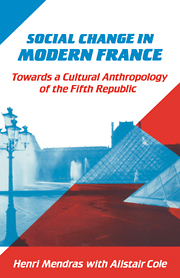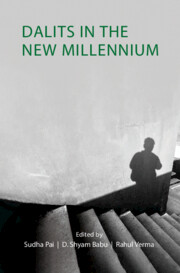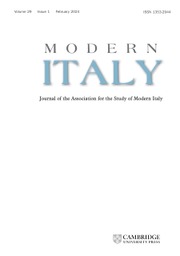Social Change in Modern France
Social Change in Modern France is a concise and lucid account of the profound transformations that have reshaped French society over the past thirty years. The authors show how the characteristic institutions of the Third Republic have been weakened, destroyed, or severely altered in the face of a late and rapid industrialization. The church, the army, the trade unions, the schools, even the French communist party--all have lost their capacity to excite major conflict and tension, and in their stead a series of local institutions, voluntary associations and family ties have arisen, serving as the basic network for social relations and social life. Traditional French "joie de vivre" has assumed new forms, and, the authors maintain, a very sturdy and cohesive society has arisen, based on widespread consensus.
Reviews & endorsements
"He offers a wide-ranging and generally persuasive description and analysis of changes which have taken place in French society since the mid-1960s. His book is well paced and full of provocative insights, like his argument that the French are mistrustful of representative democracy and favor a form of direct democracy through election of national politicians who also hold local office....I was particularly interested by Mendras's appreciation of post-1968 'cultural liberals,' his analyses of the church and its offshoots, and his perceptive comments on the increasing importance of senior citizens. Because Social Change in Modern France requires little specialized background knowledge, it would work well in an undergraduate course on modern French culture in a U.S. college." Donald Reid, Social Science Quarterly
Product details
March 1991Hardback
9780521391085
264 pages
234 × 146 × 25 mm
0.48kg
Available
Table of Contents
- Preface
- Introduction
- Part I. The Breaking-Up of Traditional Class Structures:
- 1. The bourgeois, the workers and the peasants
- 2. The transformation of the social classes: the triumph of the central constellation
- Part II. The De-Mystification of the Great National Institutions:
- 3. The army and the church
- 4. Working-class institutions
- 5. The national education system
- 6. The new national consensus
- 7. A village democracy
- Part III. The Stages of Life:
- 8. The strength of kinship
- 9. Men and women
- 10. Young and old
- Part IV. A New Civilisation:
- 11. Changing lifestyles
- 12. The cultural explosion
- 13. A moral revolution?
- Bibliography
- Index.










